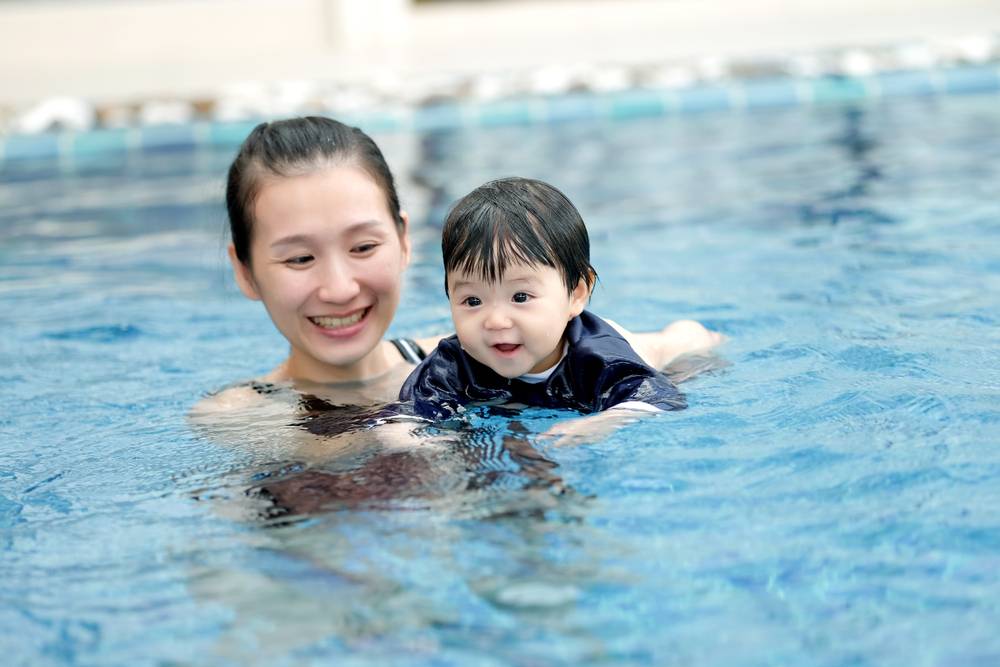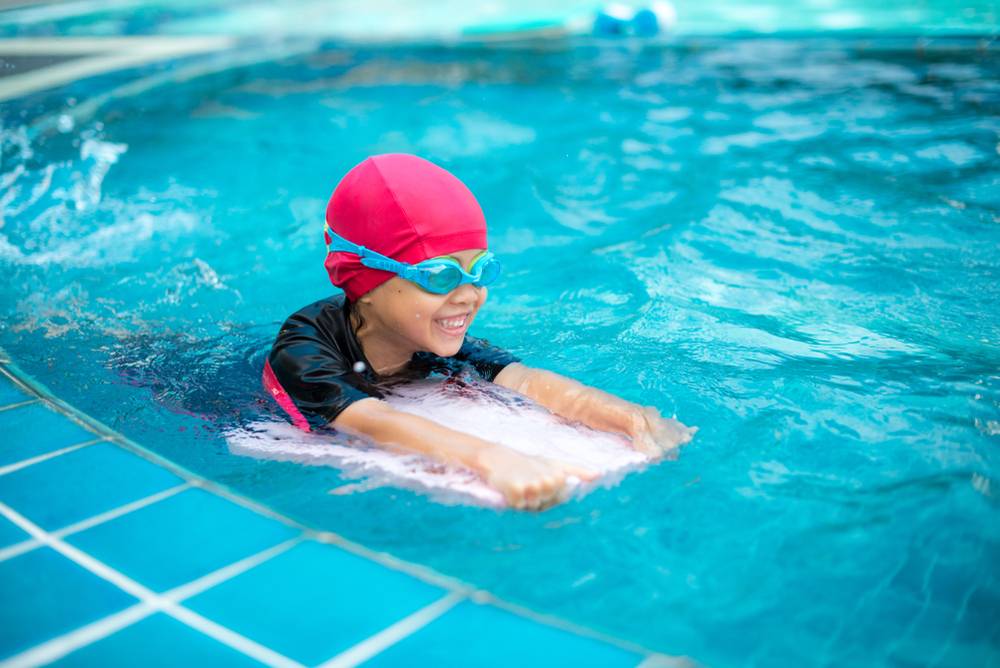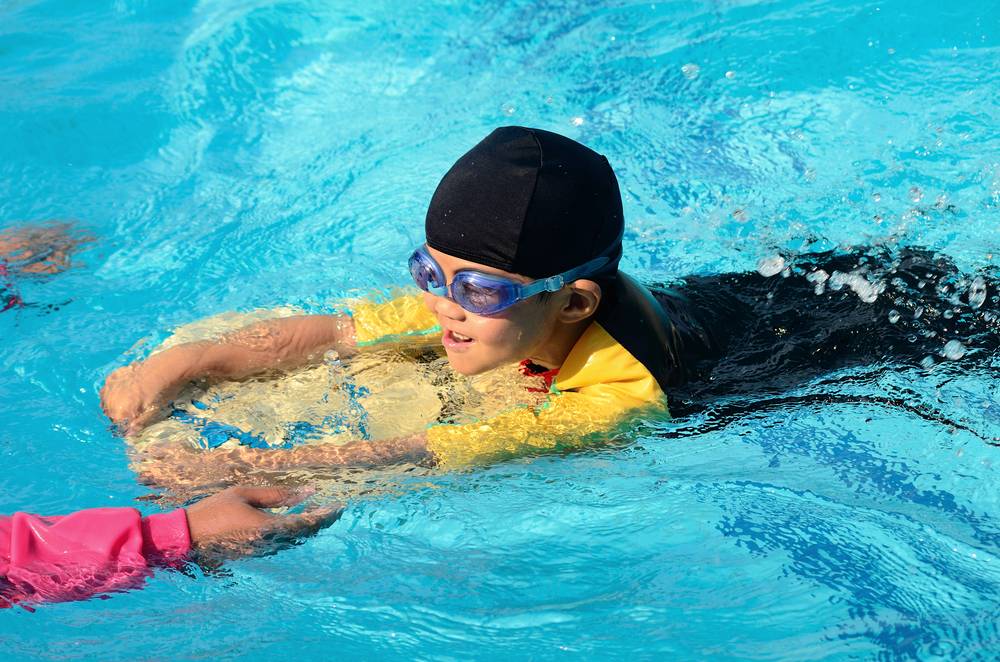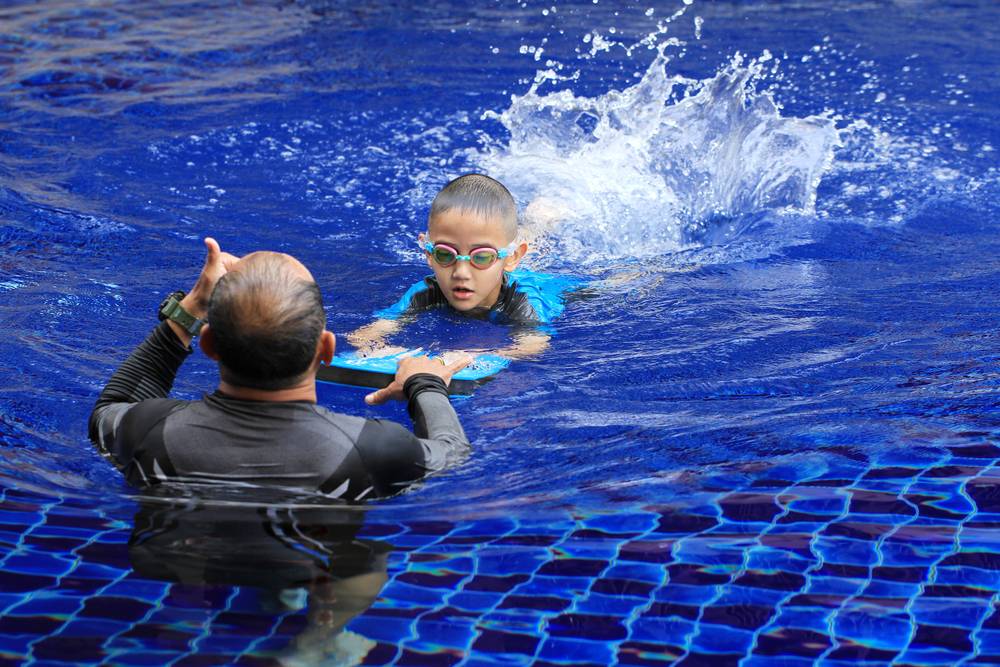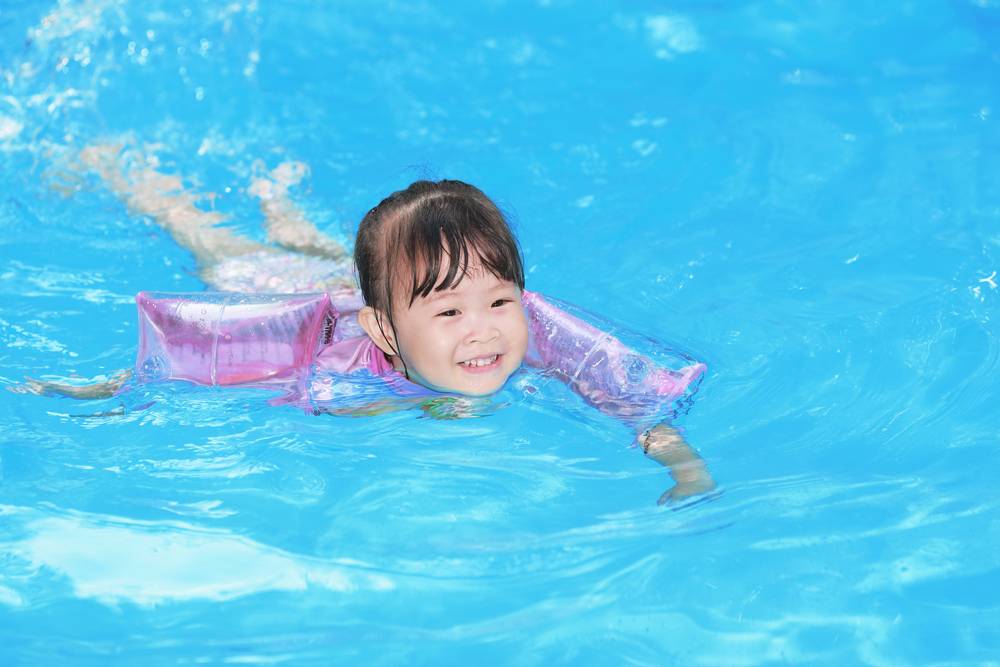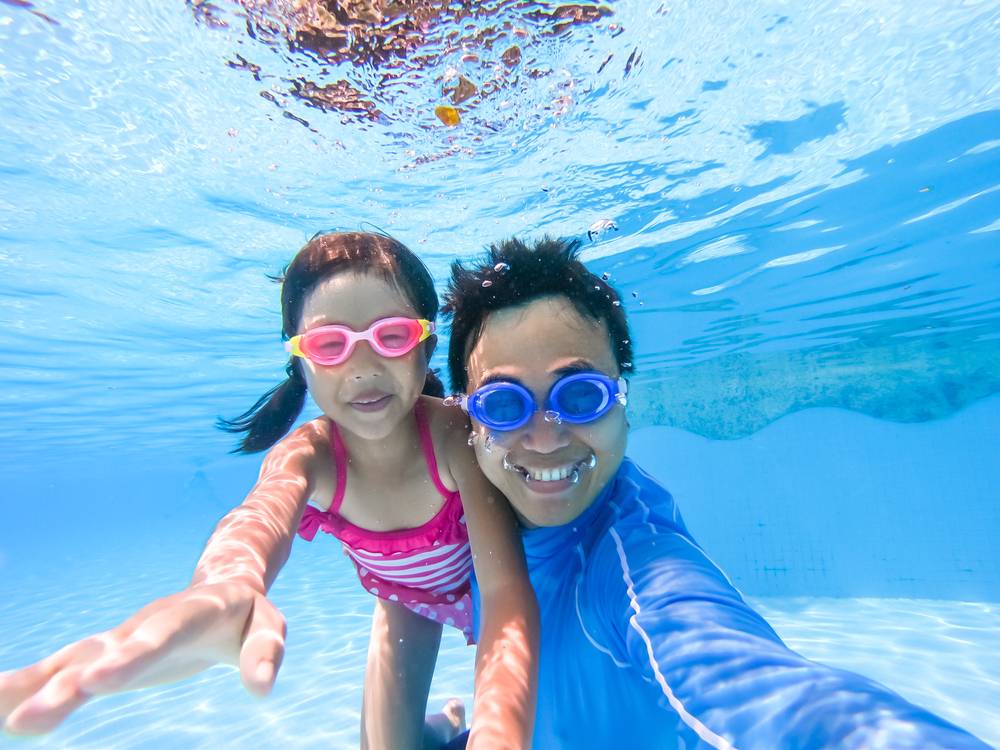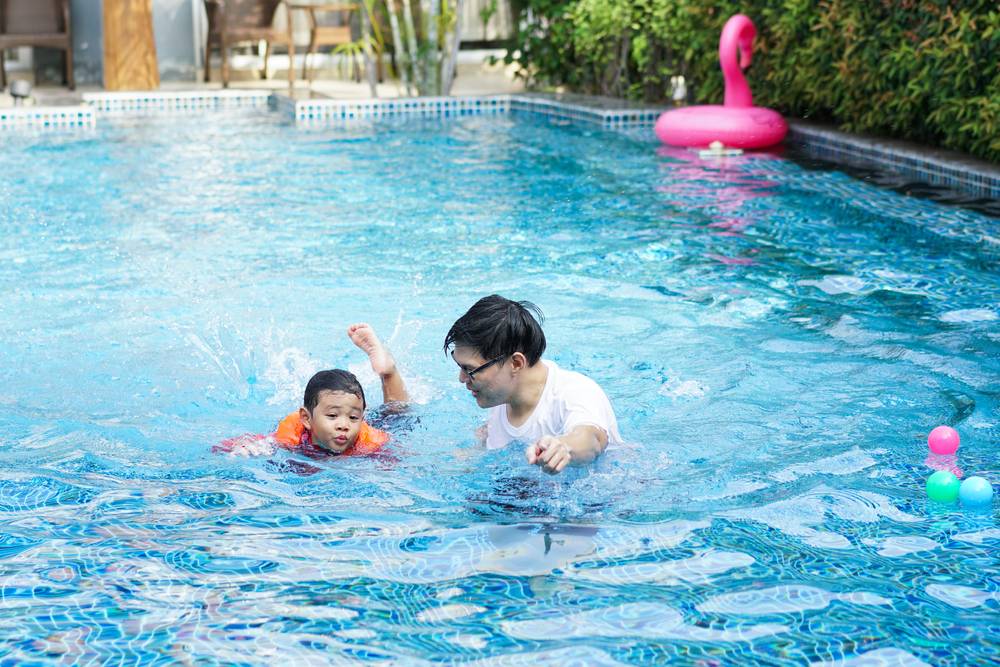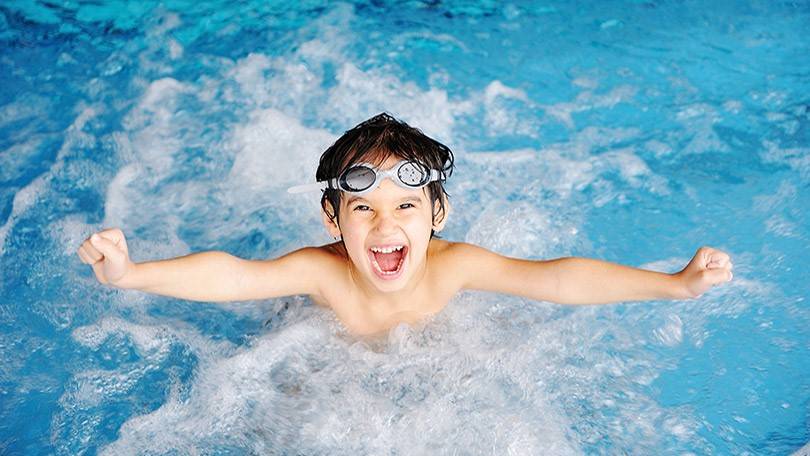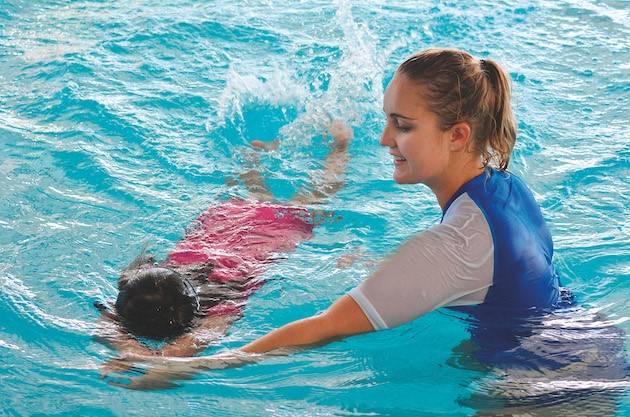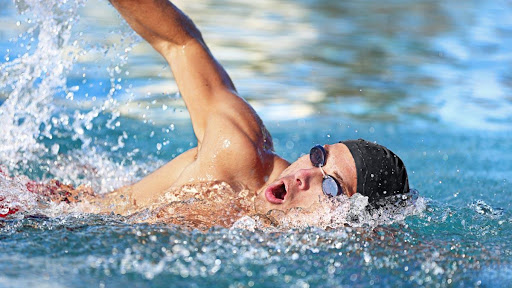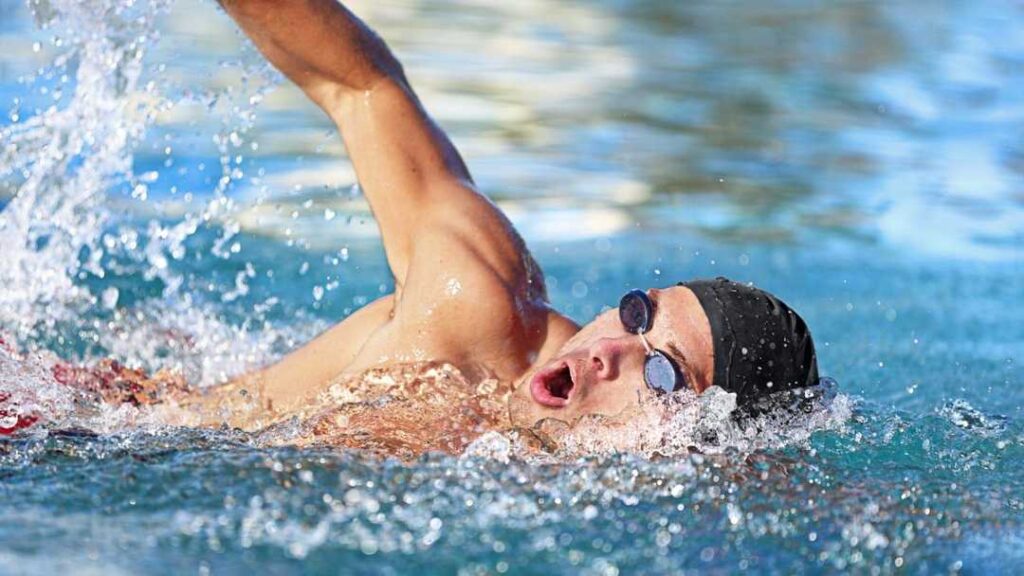Can Swimming Help You Sleep Better?
For adults juggling long workdays, family obligations, and endless to-do lists, a restful night’s sleep often feels like a luxury. Tossing and turning becomes routine, and even when you finally manage to close your eyes, you wake up groggy instead of refreshed. But here’s the good news: swimming could be the natural remedy you’ve been searching for. The question “Can swimming help you sleep better?” has been gaining traction among both health experts and everyday swimmers, and the evidence points strongly to yes. The link between aquatic exercise and restful nights is one of the most underrated benefits of getting into the pool.
Why Can Swimming Help You Sleep Better?
At its core, swimming is a full-body workout that combines aerobic conditioning with muscle engagement, all without placing excessive strain on the joints. This means your body works hard, but in a balanced, sustainable way. That physical exertion naturally primes your system for restorative sleep. Exercise in general has been linked to improved sleep quality, but swimming adds an extra layer thanks to its meditative rhythm, cool water immersion, and stress-reducing effects.
When you finish a session in the pool, your body experiences a drop in temperature as you exit the water, which mimics the natural cooling process that occurs before sleep. This cooling effect signals your body it’s time to rest, making swimming a powerful tool in resetting your sleep-wake cycle.
How Swimming Reduces Stress to Improve Sleep
Stress and anxiety are among the biggest culprits behind poor sleep. Swimming, with its repetitive strokes and rhythmic breathing, mimics the calming effects of meditation. For many adults, a swim session becomes an escape—a chance to leave daily worries behind while focusing on movement and breath.
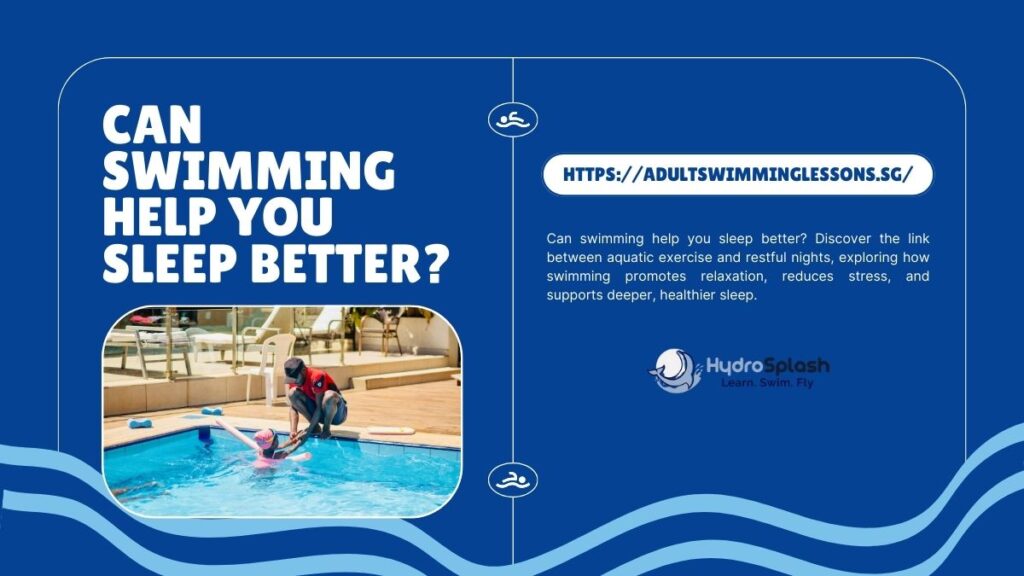
Research from the Sleep Foundation has shown that people who engage in moderate aerobic activity, such as swimming, fall asleep faster and enjoy deeper sleep cycles compared to sedentary individuals (Sleep Foundation). Similarly, Singapore-based health reports emphasize that exercise helps regulate cortisol levels, directly impacting the quality of rest (HealthHub SG). This supports the claim that swimming is more than a fitness routine—it’s a pathway to better sleep hygiene.
Can Swimming Help You Sleep Better Through Physical Fatigue?
One of the most practical reasons swimming promotes better sleep is the physical fatigue it generates. Unlike gym sessions that may target only one muscle group, swimming recruits nearly all the body’s major muscle chains. Whether you’re practicing freestyle, breaststroke, or butterfly, your body expends significant energy, leaving you with a satisfying tiredness that encourages deep sleep.
What sets swimming apart is the balance between effort and recovery. Because the buoyancy of water reduces stress on joints and ligaments, you finish tired but not sore. This makes it easier to rest without discomfort, which is particularly important for adults who might be dealing with lingering injuries or age-related stiffness.
Swimming and Insomnia: Can Aquatic Exercise Be a Solution?
Insomnia affects a growing number of adults in Singapore and globally, driven by high stress levels and overstimulation from digital devices. So, can swimming help you sleep better if you struggle with insomnia? Studies say yes. A 2020 clinical trial found that older adults who engaged in regular aquatic exercise reported significant improvements in sleep duration and quality, reducing both nighttime waking and early-morning fatigue.
At HydroSplash Swimming Academy, instructors often emphasize that swimming is not just about fitness goals but about overall wellness. Adults who sign up for school holiday swimming lessons often notice better sleep patterns as a welcome side effect, especially when they stay consistent with their training.
Can Swimming Help You Sleep Better by Balancing Body and Mind?
One of the hidden benefits of swimming is the synchronization between body and mind it fosters. The repetitive movements and timed breathing patterns train your nervous system to slow down, mimicking mindfulness practices like yoga or meditation. This alignment makes it easier for the brain to transition into the slow-wave and REM stages of sleep.
Adults often describe swimming sessions as their “moving meditation.” Unlike high-intensity workouts that can overstimulate, swimming leaves you calm yet physically satisfied—a perfect recipe for a restful night.
Practical Tips: How to Use Swimming to Improve Sleep
If you are wondering how to get the most out of swimming to enhance sleep, timing and consistency matter. Swimming in the evening can be particularly effective because of the cooling effect on body temperature, but be sure to allow an hour or two for your body to settle before bedtime. Consistency is also key—swimming two to three times a week creates lasting changes in your sleep cycle.
For adults new to swimming, starting with guided lessons can help you feel confident in the water and ensure you get a safe, structured workout. Over time, as your technique improves, so does your enjoyment—and the more enjoyable an activity is, the more likely you are to stick with it.
Case Studies: Can Swimming Help You Sleep Better?
A 2021 study in Singapore examined middle-aged professionals who participated in aquatic exercise twice weekly. Within three months, participants reported fewer nighttime awakenings and improved energy levels during the day. Researchers credited swimming’s cardiovascular and relaxation benefits for the outcome (Singapore National Institute of Education).
Globally, a 2022 study published in the Journal of Sleep Research confirmed that aquatic exercise, compared to land-based workouts, resulted in significantly higher sleep efficiency and reduced insomnia symptoms. These findings cement the connection between swimming and better sleep, making the pool a natural sleep aid.
Conclusion
So, can swimming help you sleep better? The evidence is crystal clear—yes, it can. By combining aerobic conditioning, full-body muscle engagement, stress reduction, and a calming mental rhythm, swimming sets the stage for deeper, more restorative sleep. For adults struggling with restless nights or looking to optimize their well-being, swimming isn’t just a fitness choice; it’s a sleep strategy.
If you are ready to experience the calming power of water and reclaim your nights of deep rest, now is the time to act. Join the experts at HydroSplash Swimming and start your tailored journey with a personalized swimming lesson today. Better nights begin with better swims.
Click on the link to find out more about HydroSplash Swimming. Chat with our representatives today!
About HydroSplash Swimming
Adult Swimming Lesson
Private Swimming Lesson
Kids Swimming Lesson
Whatsapp Us


